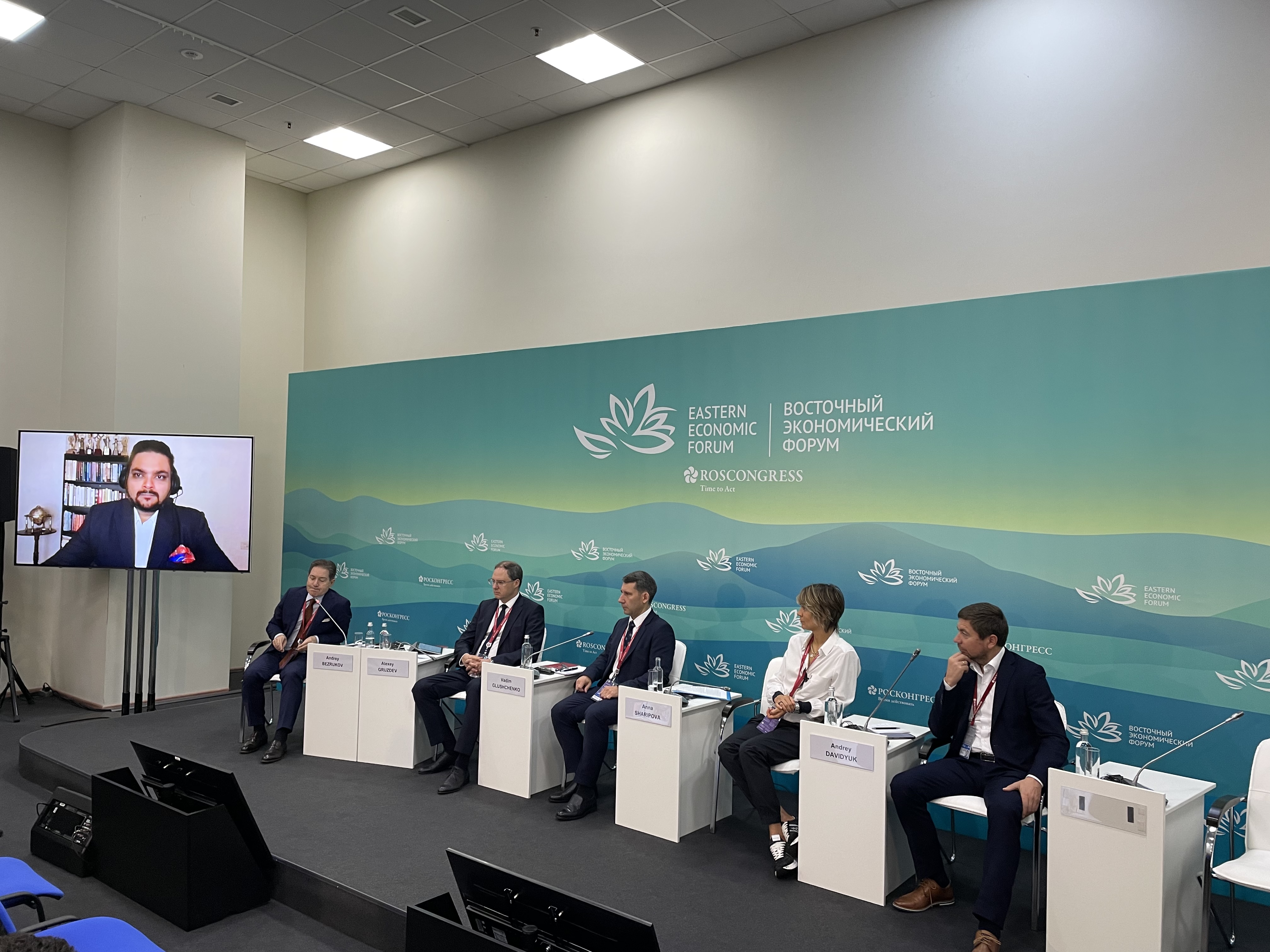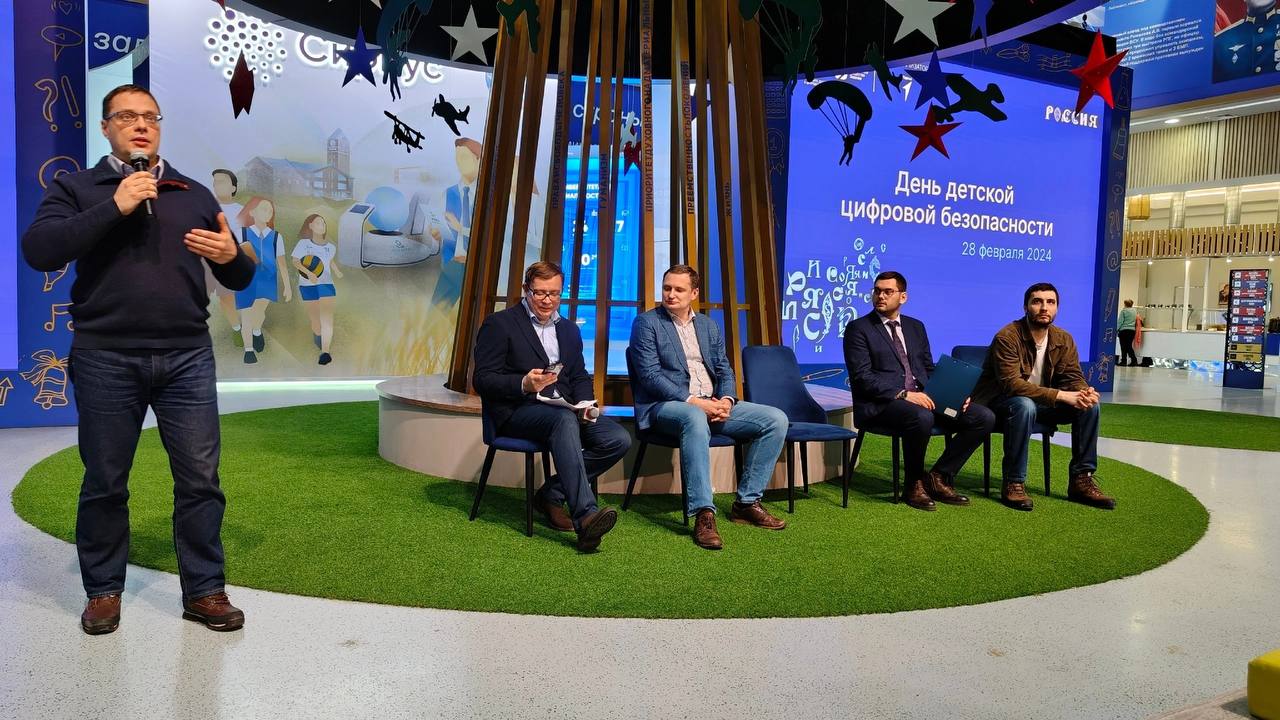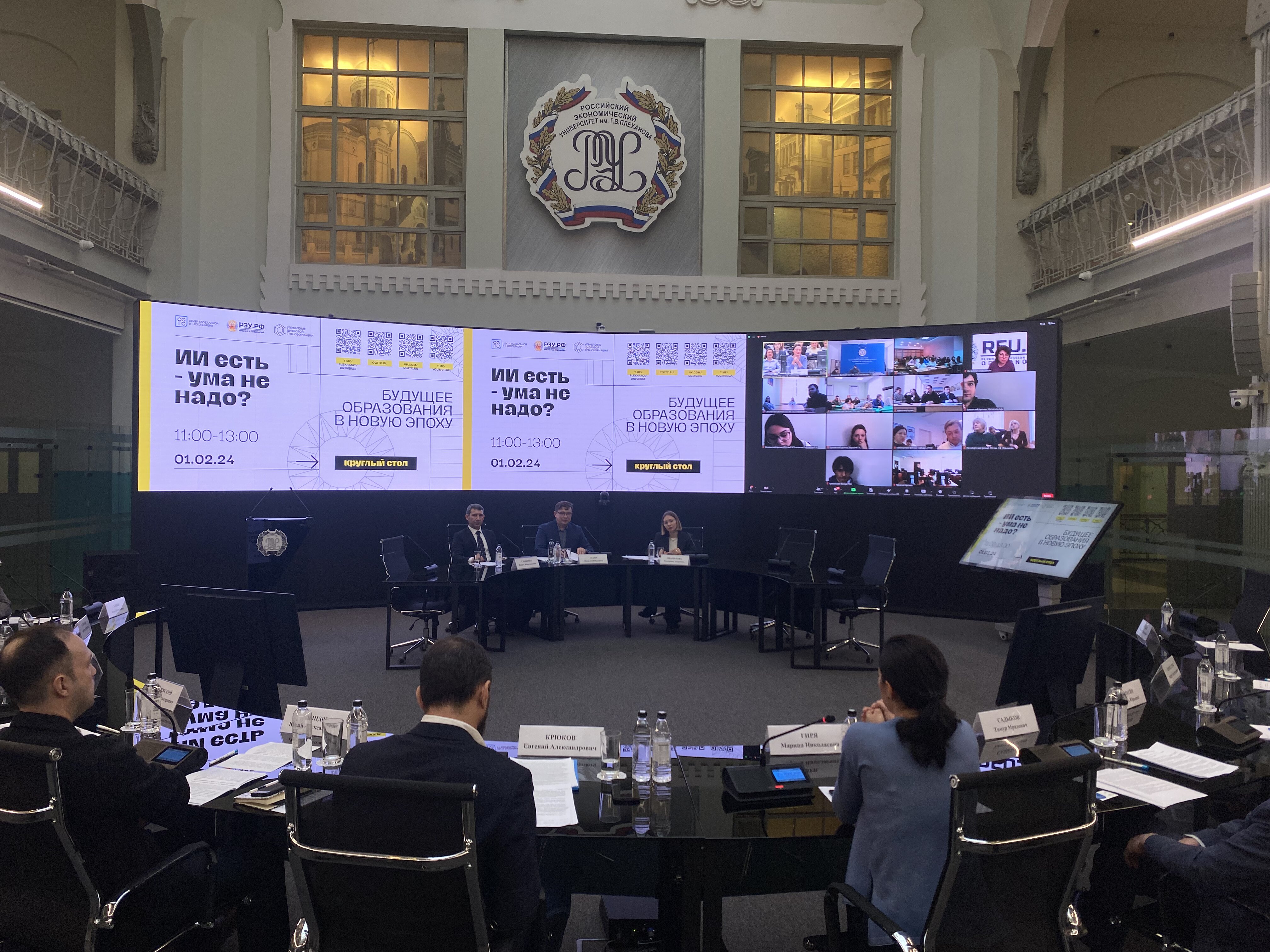Deputy Minister of Industry and Trade of the Russian Federation Alexey Gruzdev, Chairman of the Board of Directors at Motorica LLC Andrey Davidyuk, CEO of Starshot Ventures Skannd Tyagi (India), and Managing Director for National Projects at the Rostec state corporation Anna Sharipova also joined the discussion. The session was moderated by Andrey Bezrukov, President of the Technological Sovereignty Exports Association and Professor at the Department of Applied International Analysis at MGIMO University.
Over the past several months, the depth and intensity of Russia’s business relations with Eastern partners have grown significantly. Our country’s political strategy in a rapidly changing world is based on the BRICS and SCO structures, but what about its economic and technological strategies? Not only did the speakers discuss strategic high-tech alliances Russia and its partners need, but they also talked about what should be done to make them real and who could head them.
In his speech, Vadim Glushchenko paid special attention to the discussion around the Global Digital Compact. The project was proposed by the UN Secretary-General in the report “Our Common Agenda” in September 2021. The wording of the compact is expected to be agreed at the Summit of the Future in September 2023. All key stakeholders, including governments, businesses, the scientific community, and civil society, are invited to participate in the deliberations. The main issues this unique international document addresses include closing the digital divide, avoiding Internet fragmentation, application of human rights online, user data management, “promoting a trustworthy Internet by introducing accountability criteria for discrimination and misleading content” as well as regulation of artificial intelligence.
“It is now very important for the SCO, BRICS and other intercountry associations to arrange the work aimed at coordinating a common position and common vision of the norms that we will have to live with in the digital environment of the future. That said, we can work with other partner countries of the Asia-Pacific region, Africa and Latin America as well. We need to start this work now, since Western countries led by the USA do not hesitate and do actively promote their own agenda formulated in the Declaration for the Future of the Internet. I’m confident that the cooperation with our partners aimed at shaping the Global Digital Compact can be quite successful, and I encourage all stakeholders, both in Russia and abroad, to start actively engaging in the process,” he concluded.
Skannd Tyagi spoke about the “New, Emerging and Strategic Technologies” division (NEST), which was set up by the Indian Ministry of External Affairs and provided a roadmap for businesses that create technologies used to advance the country’s geopolitical objectives. “India is a thriving market, and we cannot afford to spurn the progress due to Western companies’ technology protectionism, sanctions and other restrictions. Such approach provides Russian companies with the opportunity to diversify Indian technology imports and Indian IT companies, with the opportunity to meet the demands of the Russian market. We need a civil union between the residents of the two countries to build an internationally important power. India is the world’s youngest country in terms of workforce, and soon it will become the world’s third largest economy. Indian people think this is the perfect time to deepen business relations between Russia and India,” he pointed out.
There is a need for market diversification, but it is important not to go to the opposite extreme, that is, full autonomy and gated alliances, which usually stop the progress, Alexey Gruzdev believes. He stressed the importance of creating regional technology alliances in particular and spoke of the plans to create the BRICS Center for Industrial Competencies in cooperation with UNIDO. The goal is to create a unified and open technology database, train professionals, and develop relevant standards. Mr. Gruzdev pointed out that the cooperation with the EAEU and CIS member states in the field of technological innovations is actively developing.
“Restoration of global supply chain operations is a rather utopian goal, like the one to replace all imports or, better yet, as they now say, ‘outpace’ all imports. Therefore, we should choose the fields of higher payment processing vulnerability, such as the SWIFT payment system. The first way of solving the problem is to build alternative payment systems in cooperation with our partners. And the second way is through digital financial assets (DFAs). DFAs could theoretically save us from the sanction pressure put on payments. There are obviously plenty of issues to address here, but they should be dealt with as soon as possible, for example, via experimental legal regimes. The USA, for instance, is already learning to cull ‘wrong’ DFAs from depersonalized data sets and toss them out of payments,” Anna Sharipova noted.
Andrey Davidyuk spoke of the challenges and pitfalls small and medium-sized enterprises face when entering foreign markets. “If a medium-sized company ‘rubs shoulders’ with a more influential market player, such as a state corporation, to expand abroad, that will immediately reposition us, since we will then be able to participate in various government programs,” he added.
The Eastern Economic Forum 2022 takes place on 5–8 September 2022 on Russky Island (Vladivostok). It is a key international platform for establishing and strengthening economic ties, primarily in the Asia-Pacific region. This year’s forum will bring together delegates from over 60 countries. “On the Path to a Multipolar World” is the main theme of the EEF 2022. The program offers over 70 business events, such as panel sessions, roundtables, televised debates, and business dialogues.





